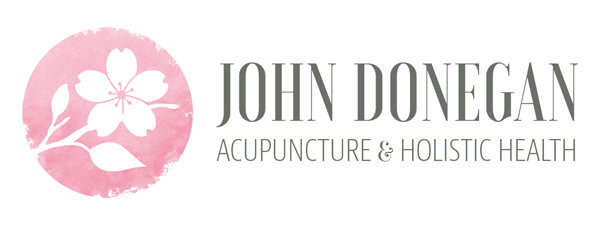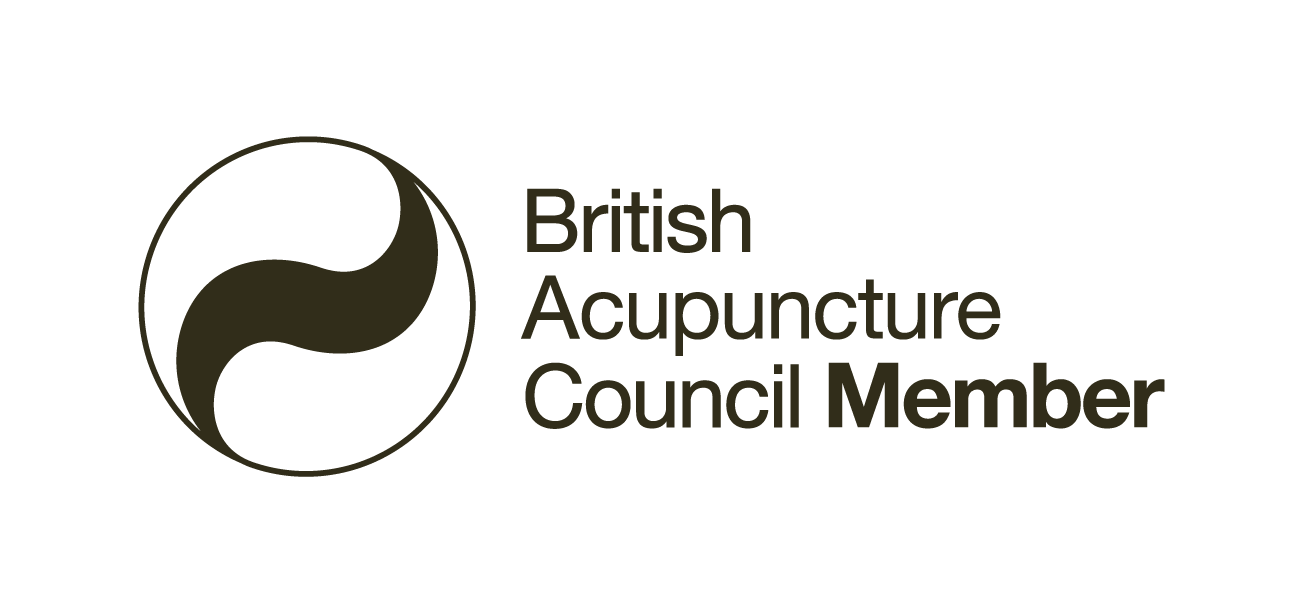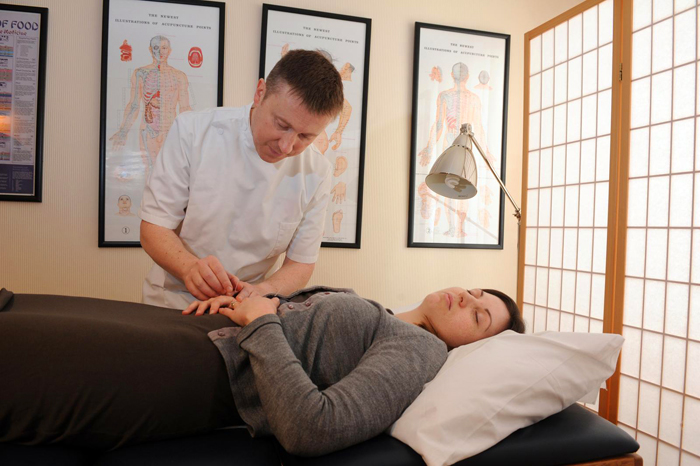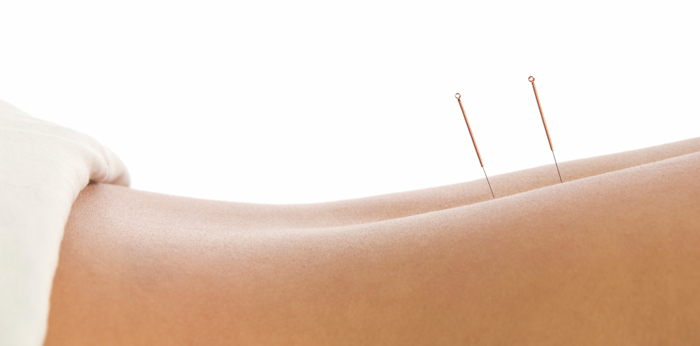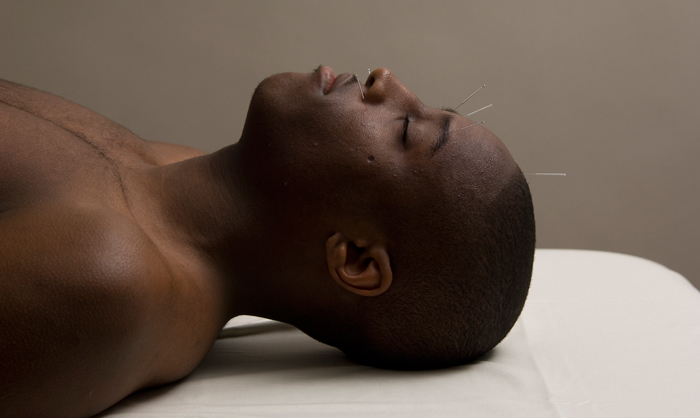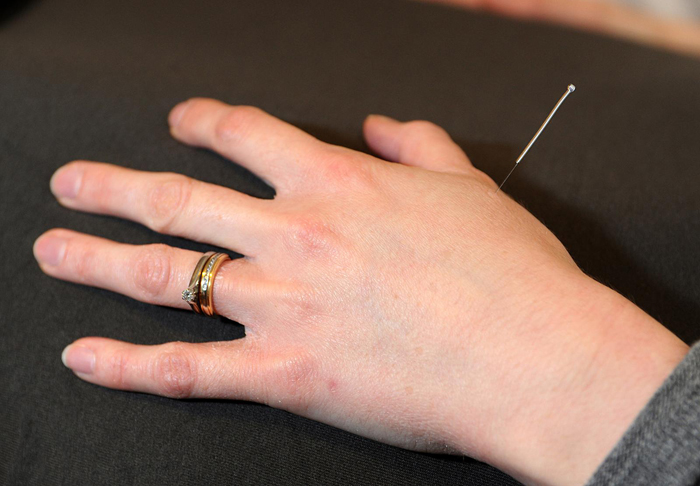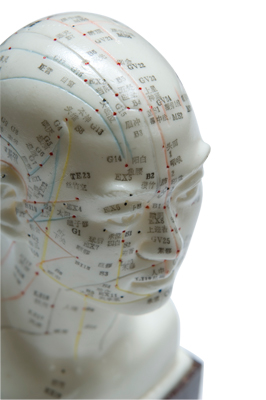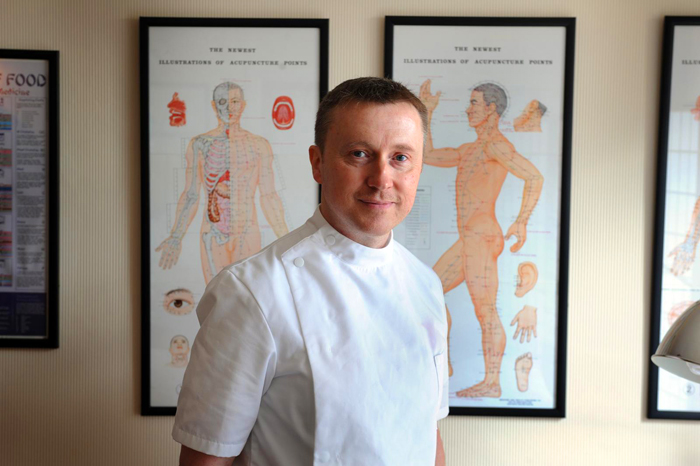
About John Donegan
I am a fully qualified Traditional Acupuncturist, and trained at the Northern College of Acupuncture in York. I am a Member of the British Acupuncture Council
I provide a range of therapies including Acupuncture and Tuina (Chinese therapeutic massage). I also teach Tai Chi and Qigong (Chinese exercise to promote health and wellbeing).
I have also studied the traditional medicine techniques practiced in Mongolia.

What is Acupuncture
Traditional acupuncture is a holistic healthcare system. It considers pain and illness, whether physical or mental, are a sign that the body is out of balance.
We consider physical health and mental health to be interconnected and recognise the role emotions play in illness and disease. The overall aim of our treatment is to restore the body's equilibrium.
My main aim is to correcting the underlying cause of illness which will be different for every individual.
Consequently, there are no 'off-the-peg' treatments or points prescriptions. Because every patient is unique, two people with the same western diagnosis will each receive different acupuncture treatments.
What Acupuncture can help with
Commonly treated conditions are:
- Shoulder, neck and back pain
- Sciatic pain
- Rheumatic and arthritic pain
- Sports injury
- Headache and migraine
- Menstrual and reproductive health
- Digestive health
- Improved health and wellbeing
In 2003, the World Health Organisation published a report recognising the effectiveness of acupuncture in the treatment of a range of conditions. Click here to see a copy.
Acupuncture can be used in conjunction with mainstream medicine for both acute and chronic conditions.
Contact me if you have a condition not listed here and would like to know if acupuncture might be helpful.
Acupuncture can be used in conjunction with mainstream medicine for both acute and chronic conditions.
Your First Treatment
There is no 'one size fits all' acupuncture treatment because no two people are identical. Traditional acupuncture is an holistic healthcare system that treats the whole person, not just your symptoms.
Consultation
During the initial consultation I will take a complete medical history in order to understand your unique physical profile and lifestyle.
I will usually ask about your current symptoms, medical history, diet, digestive system, sleeping patterns and emotional state.
I will take your pulse on both wrists and may examine your tongue and palpate for areas of muscular tension or pain.
Treatment plan
Following diagnosis a I will put together your personalised treatment plan which may include lifestyle and dietary advice. I will use ultra-fine, sterile acupuncture needles to stimulate specific acupuncture points on your body.
Because energy meridians cover the whole body, the points used are not always close to where you experience pain or discomfort. For example, if you suffer from headaches needles might be inserted in your foot or hand.
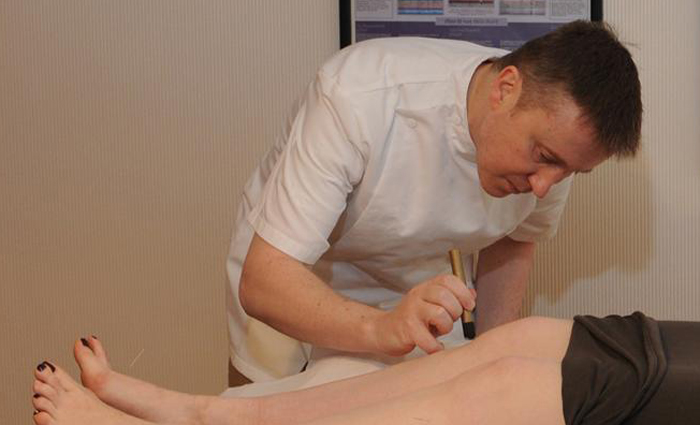
“Personalised treatment plan which may contain lifestyle and dietary advice”
Techniques
In addition to needling acupuncture points, a traditional acupuncture treatment may include other Chinese medicine techniques such as:
- moxibustion: application of indirect heat using moxa (a therapeutic herb) to warm and relax muscles and energy meridians
- tuina (Chinese therapeutic massage): to relieve muscle tension, stimulate acupressure points, open energy meridians and stimulate the flow of Qi
- cupping: glass cups with a vacuum seal are placed on the skin to stimulate blood flow and clear stagnant Qi
Lifestyle advice
I may suggest ways in which you can enhance the long-term effects of your treatment, such as by making changes to your diet and daily routine. If necessary you will be referred to other healthcare practitioners for specialist care.
After effects
Most people find acupuncture relaxing and often feel very calm after a treatment. You may feel tired or sleepy and should take this into account if you are planning to drive or use machinery straight after your treatment.
Acupuncture has very few side effects and any that do occur are usually mild and self-correcting. Cupping can sometimes temporarily mark the skin. Such bruising is painless and generally clears within a day or two.
Pricing
Initial consultation: £55.00
Acupuncture: £45 Per Session (approx. 1 hour)
Members of health plans such Simply Health (formerly the Leeds Hospital Fund) are often able to claim towards the cost of treatment.
The number and frequency of treatments you will need depends on your individual condition. You can usually expect to see some improvement after five treatments, although occasionally only one or two treatments are required. Some people may need treatment over several months or long-term.
Contact Me
I am based in Pudsey just 20mins from Leeds or Bradford city centre.
Click here to see where I am on Google maps
If you have any problems finding me just ask before your first consultation.
John Donegan,
53 Galloway Lane,
Pudsey,
Leeds
LS28 7UG,
07917 663 980
Learn Tai Chi in Pudsey
I teach local classes in Pudsey, every Friday evening. I practice Yang-style tai chi, including a range of different forms. Beginners are welcome.
Time:
18:00 - 19:00
Address:
St James the Great C of E Church,
Galloway Lane,
Pudsey
LS28 8RA,
07917 663 980
If you would like to join in, contact me on 07917 663980, or email john@jdacupuncture.co.uk
If you would like more information about Tai Chi, go to www.taichileeds.com, where you will find free eBooks plus details of other classes in Leeds and surrounding area.
What is Tai Chi?
Tai Chi is an ancient Chinese martial art, dating back to at least the Sixteenth Century.
Even if you are not interested in learning to protect yourself, the slow and precise Tai Chi movements can also be used as a gentle form of exercise, suitable for people of any age or level of fitness.
In fact, many people mainly practice it or teach it for health and relaxation.
Why do people do Tai Chi?
All over the world, people are beginning to recognise the benefits of this ancient martial arts discipline for mental and physical health. Older people are being advised to practice it to reduce their likelihood of falls, lower their blood pressure, strengthen their bones and joints to help prevent arthritis and osteoporosis.
Research even shows benefits for cognitive function (how well you can perform mental activities). Some people practice Tai Chi to increase their confidence, happiness and self-esteem while others find that the calm, mindful, meditative movements help them to sleep better and cope with the hectic pace of modern living.
For many, there are also benefits to learning an effective, centuries old system of self-protection.
Will Tai Chi be good for me?
Tai Chi movements are normally practiced very slowly and carefully in order to develop precision, breath control, balance, co-ordination and internal power.
This makes it an exceptionally useful type of gentle exercise which scientific studies around the world have proved to be of considerable benefit to the health and well-being of regular Tai Chi practitioners.
Who can do Tai Chi?
Everyone! Tai Chi is suitable for most individuals of any age but if you have any medical problems which you feel may interfere with your ability to do Tai Chi, or if you are concerned about how Tai Chi might affect you, please discuss these concerns with your instructor (and your GP or physiotherapist, if appropriate).
You may need to take certain precautions if you're pregnant, have a hernia, back pain or severe osteoporosis. You don’t need to be super fit for our regular classes - you just need to be relatively comfortable standing and moving gently for around an hour
I can run special sessions for people who are unable to walk. Many can still benefit from the upper body movements of Tai Chi while sitting in a chair, armchair or wheelchair.
If you are interested in special sessions, please contact me.
